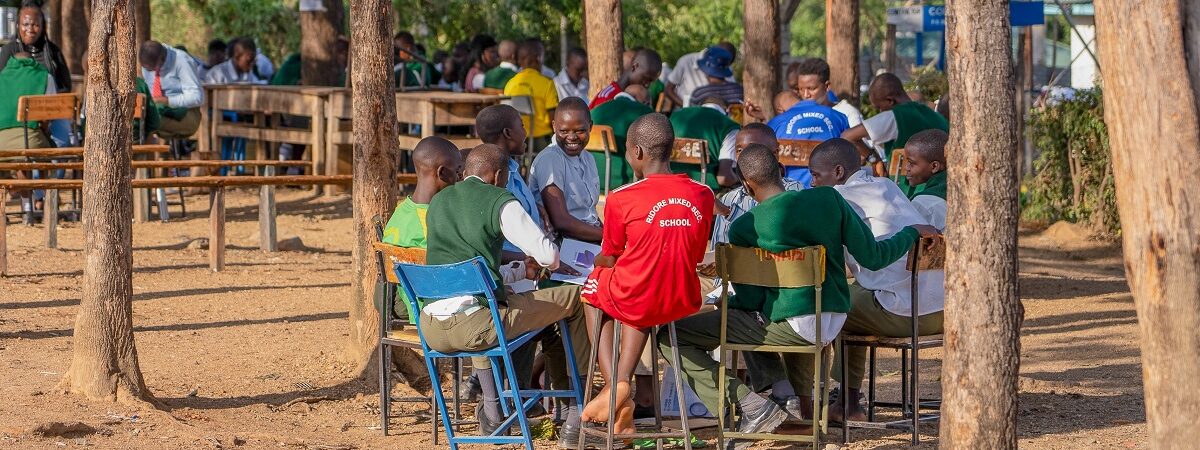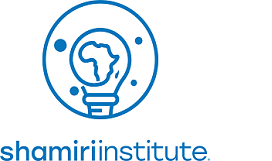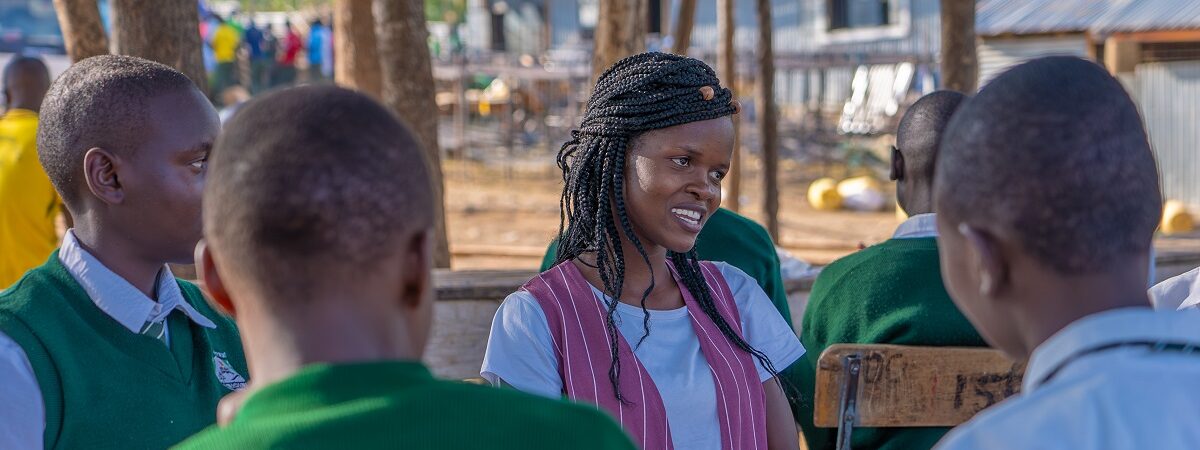
Shamiri Institute
Model & Strategy
Shamiri Institute provides accessible, appropriate, and effective mental health interventions that empower young people to thrive. They train youth to deliver effective group-based therapy within a tiered community-based care model. Nearly 138,000 youth have been served through the Shamiri Institute model, resulting in significant reductions in anxiety and depression, as well as improvements in academic grades, social support, and interpersonal relationships.
The Problem
Globally, 250 million young people (aged 10–19) struggle with a mental health problem, and 45% of the youth global burden of disease is due to these issues. In Kenya, nearly 3 million youth (one in two) have clinically elevated symptoms of depression or anxiety. Each year, over 1 million lives are lost to mental health problems globally. However, structural and systemic issues prevent young people from getting the help they need. Traditional treatments are inaccessible due to a shortage of mental health experts, the length and high cost of treatment, social stigma that limits help-seeking, and therapies that have not been culturally validated.
The prevalence of mental health issues among young people prevents them from reaching their full potential, yet care is neither affordable nor available. Unaddressed mental health problems can lead to reduced physical health, increased functional impairment, limited job opportunities, economic instability, and risky behaviors like substance abuse, violence, and suicidal ideation.
The Solution
Through the Shamiri model, 18- to 22-year-olds, known as Shamiri fellows, are trained to deliver effective group-based therapy within a tiered community-based model. Shamiri fellows receive training before providing near-peer psychotherapy. They conduct group sessions consisting of six to 15 youth, each lasting one hour, with youth attending four weekly group sessions and completing take-home activities in between. Shamiri fellows deliver low-touch interventions focused on improving broader human functioning, including teachings on growth mindset, gratitude, problem-solving, and value affirmations. These interventions target core beliefs about self and the world to foster positive beliefs, thoughts, and behaviors. This evidence-based, low-touch therapy effectively addresses common mental health disorders and reduces the stigma associated with conventional psychotherapy.
Shamiri’s tiered caregiving model ensures comprehensive support through a three-step approach. First, Shamiri fellows deliver group-based therapy and offer near-peer support. Second, clinical supervisors, equipped with BAs in psychology or clinical social work, provide clinical oversight and conduct one-on-one psychotherapy sessions as necessary. Finally, clinical experts, comprising psychologists and psychiatrists, handle cases that require advanced care.



Tom is a social entrepreneur and a global mental health innovator. Born and raised in rural Kenya, he graduated from Harvard University with a BA in psychology. Tom is a well-regarded community mobilizer, entrepreneur, and research scientist. At age 18, Tom founded GreenChar, a clean energy social enterprise, which earned him the youngest recipient award as an Echoing Green fellow. He is also a Mulago fellow and a former TED and Acumen fellow. He was named a Forbes 30 Under 30 Social Entrepreneur and is a recipient of the Anzisha Energy Prize.

Impact
Shamiri has served 137,795 youth, trained 2,281 fellows, hired 252 supervisors, and reached 282 schools.
After four weeks, youth reported an 80% reduction in depression and an 82% reduction in anxiety symptoms.
By 2027, Shamiri will scale their impact to serve 1 million youth annually.

